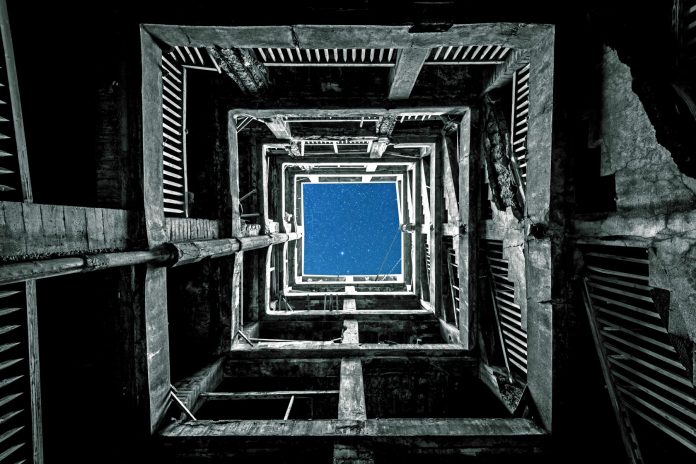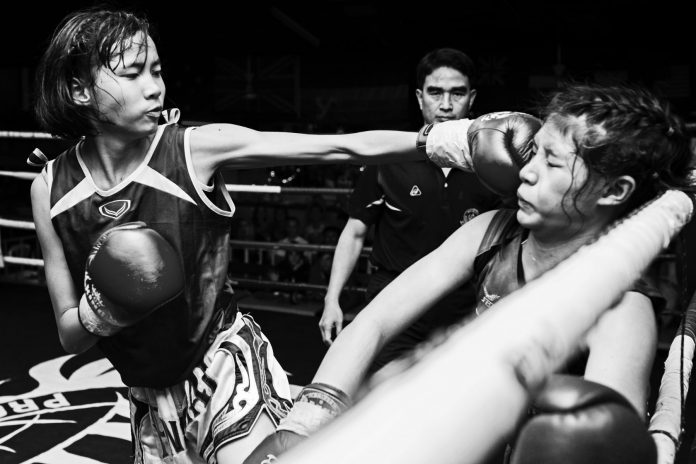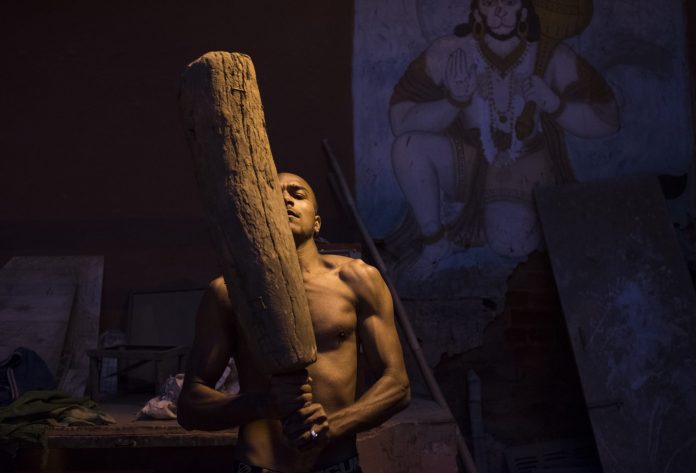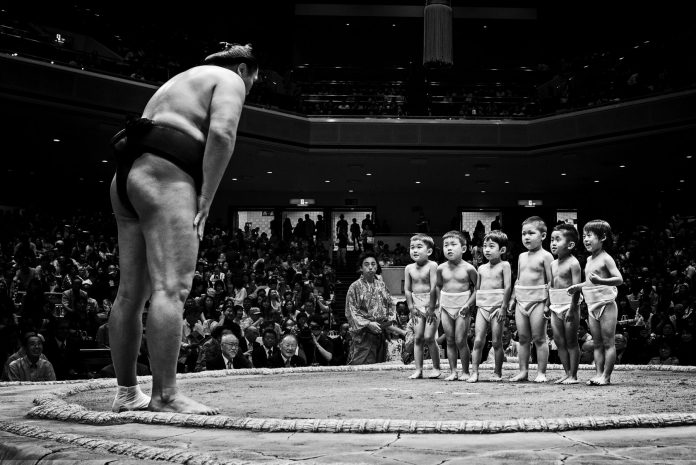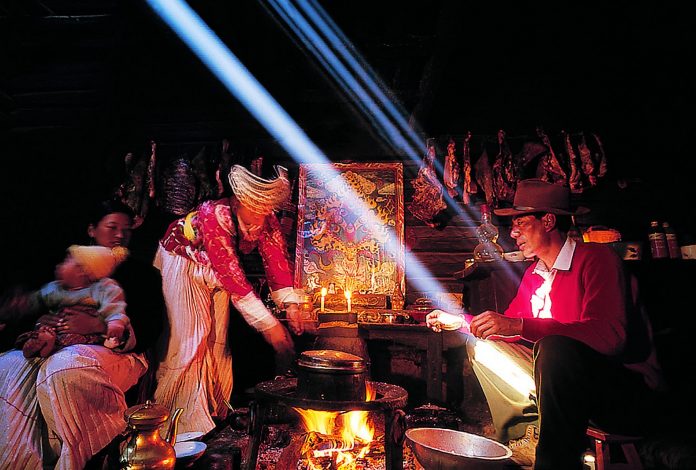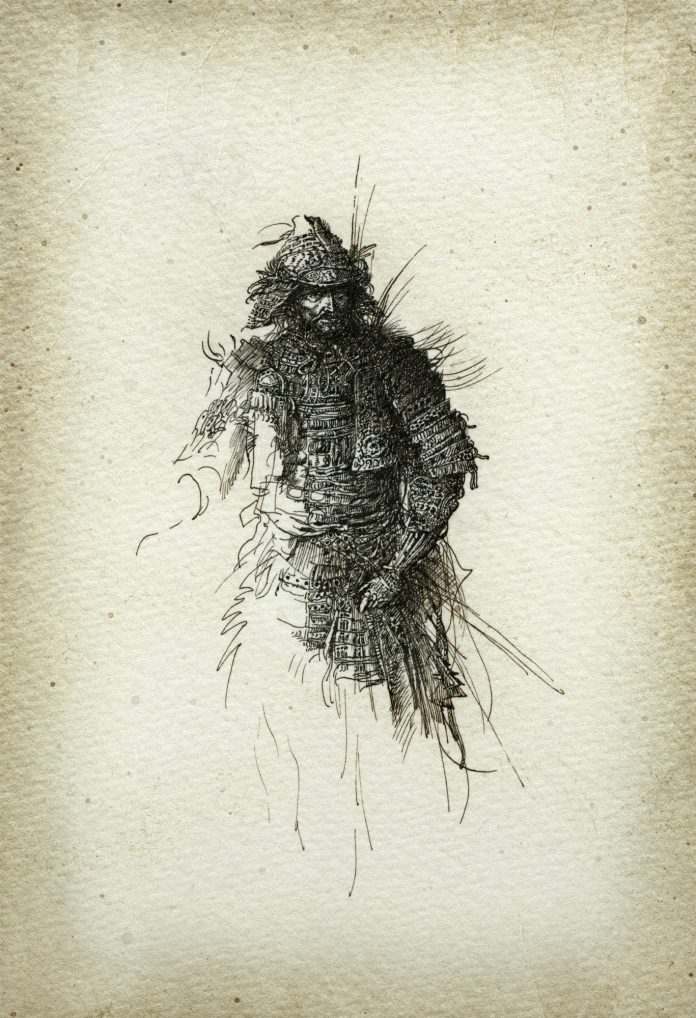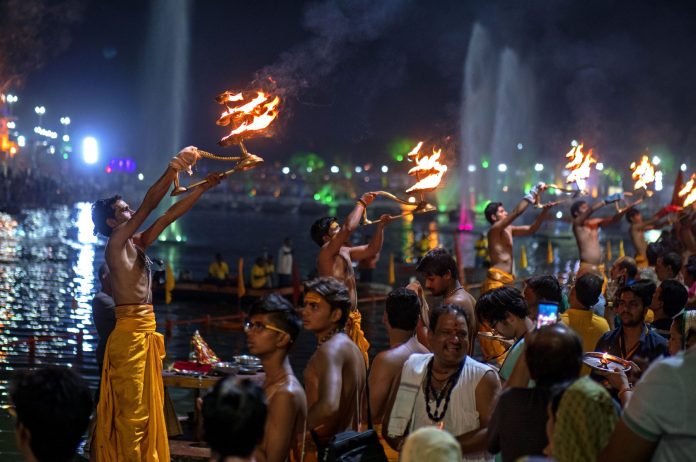The Ghosts of Gunkanjima
In Gunkanjima, ghosts live on in the memories of former inhabitants of the fortress island. The site has since been registered as a UNESCO World Heritage Site at the behest of those born there, who hope that all who henceforth visit the island can learn from Gunkanjima's rise and fall.
The Art of Eight Limbs
Muay Thaai, otherwise known as ‘The Art of Eight Limbs’, is Thailand’s form of boxing that makes lethal use of eight contact points of the body, including the hands, shins, forearms, knees and feet. It has become one of the primary reasons for martial arts devotees to visit the country – from the serious practitioner training for the next fight, to the casual tourist looking for a little physical conditioning between days on the beach.
The Ancestor of All Fights
Indian kushti is considered the predecessor of all wrestling. It is undergoing a revival despite the tug-of-war between tradition and modernity.
The Way of the Gods
Shinto is ‘the way of the gods’ and, just as it is for many mortals, sumo wrestling is a favourite pasttime. For nearly 2,000 years, sumo wrestlers have performed their martial art, first in intimate shrines, and then in stadiums before thousands of spectators. At least as early as the 3rd century AD, the wrestlers would perform complex rituals to purify both their body and their spirit, and then fight for the entertainment of the gods during the matsuri (religious festivals). It was a sacred act of ritual, not a sport.
Love Without Boundaries
They sound like customs that belong to a forgotten culture of an ancient community. The Mosuo people do not traditionally marry, but engage uninhibitedly in consensual relationships with different and often multiple partners
Revisiting the Samurai
Today it is Tokyo but once, many lifetimes ago, the same city was Edo, the imperial capital of Japan. Amidst the marks of modernity – the skyscrapers, the flyovers and the neon signs – are hidden hints of a world many think are lost, but which are just waiting for the eagle-eyed to discover.
Namasté
The Hindu devotee’s hands are pressed together. His palms touch, close to his chest, and his fingers point upwards. His brightly-coloured turban is in stark contrast to his thick white beard. “Namaste,” he says with a slight bow. Literally translated, the word means “I bow to the divine in you.” A respectful greeting, namaste, or namaskar, combined with the wordless hand gesture, conveys the same meaning of acknowledgement for a loved one, a guest or a stranger, regardless of the speaker’s language, culture or religion.
The Future of Language
In our everchanging lexical world, where languages twist and turn, and sometimes bend over backwards or die out to suit trends, cultural changes and technology, the future of the spoken and written word is difficult to predict.


